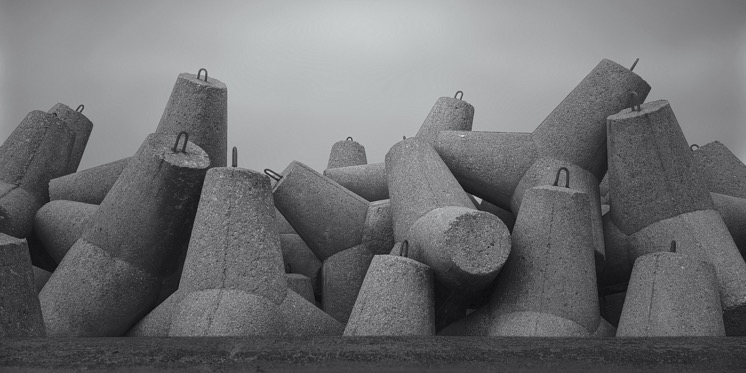Week 10: Barriers to Evidence-Use

Guiding Questions
Does new evidence on a policy affect policymakers’ beliefs? How do political institutions enable or hinder evidence-use? In our last meeting, we return to some of the questions we asked in our first meeting.
Required readings
- Stack, K. “The Office of Management and Budget: The Quarterback of Evidence-Based Policy in the Federal Government”. In: The ANNALS of the American Academy of Political and Social Science 678.1 (2018), pp. 112-123. DOI: 10.1177/0002716218768440. (skim)
- Lindblom, C. E. “The Science of”Muddling Through”“. In: Public Administration Review 19.2 (1959), pp. 79-88. DOI: 10.2307/973677.
- Hjort, J., D. Moreira, G. Rao, et al. “How Research Affects Policy: Experimental Evidence from 2,150 Brazilian Municipalities”. In: American Economic Review 111.5 (2021). DOI: 10.1257/aer.20190830.
- Corduneanu-Huci, C., M. T. Dorsch, and P. Maarek. “The Politics of Experimentation: Political Competition and Randomized Controlled Trials”. In: Journal of Comparative Economics 49.1 (2021), pp. 1-21. DOI: 10.2139/ssrn.3648321.
Further reading
- Das, S. “(Don’t) Leave Politics out of it: Reflections on Public Policies, Experiments, and Interventions”. In: World Development 127 (2020), p. 104792. DOI: 10.1016/j.worlddev.2019.104792.
- Drèze, J. “Policy Beyond Evidence”. In: World Development 127 (2020), p. 104797. DOI: 10.1016/j.worlddev.2019.104797.
- Lee, N. “Do Policy Makers Listen to Experts? Evidence from a National Survey of Local and State Policy Makers”. In: American Political Science Review (2019). DOI: 10.1017/s0003055421000800.
- Banuri, S., S. Dercon, and V. Gauri. “Biased Policy Professionals”. In: The World Bank Economic Review 33.2 (2019), pp. 310-327. DOI: 10.1093/wber/lhy033.
- list()
Acknowledgments
Photo credit: https://unsplash.com/photos/nmi26Lz_G04.